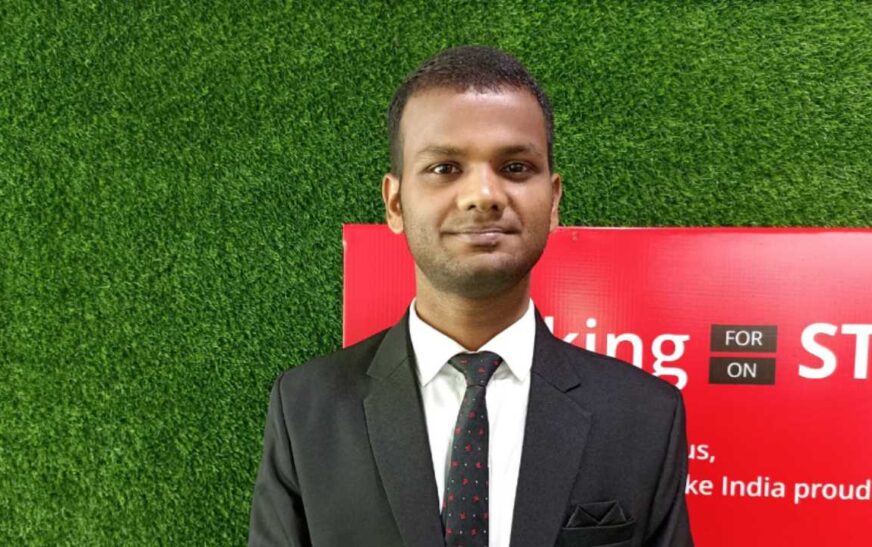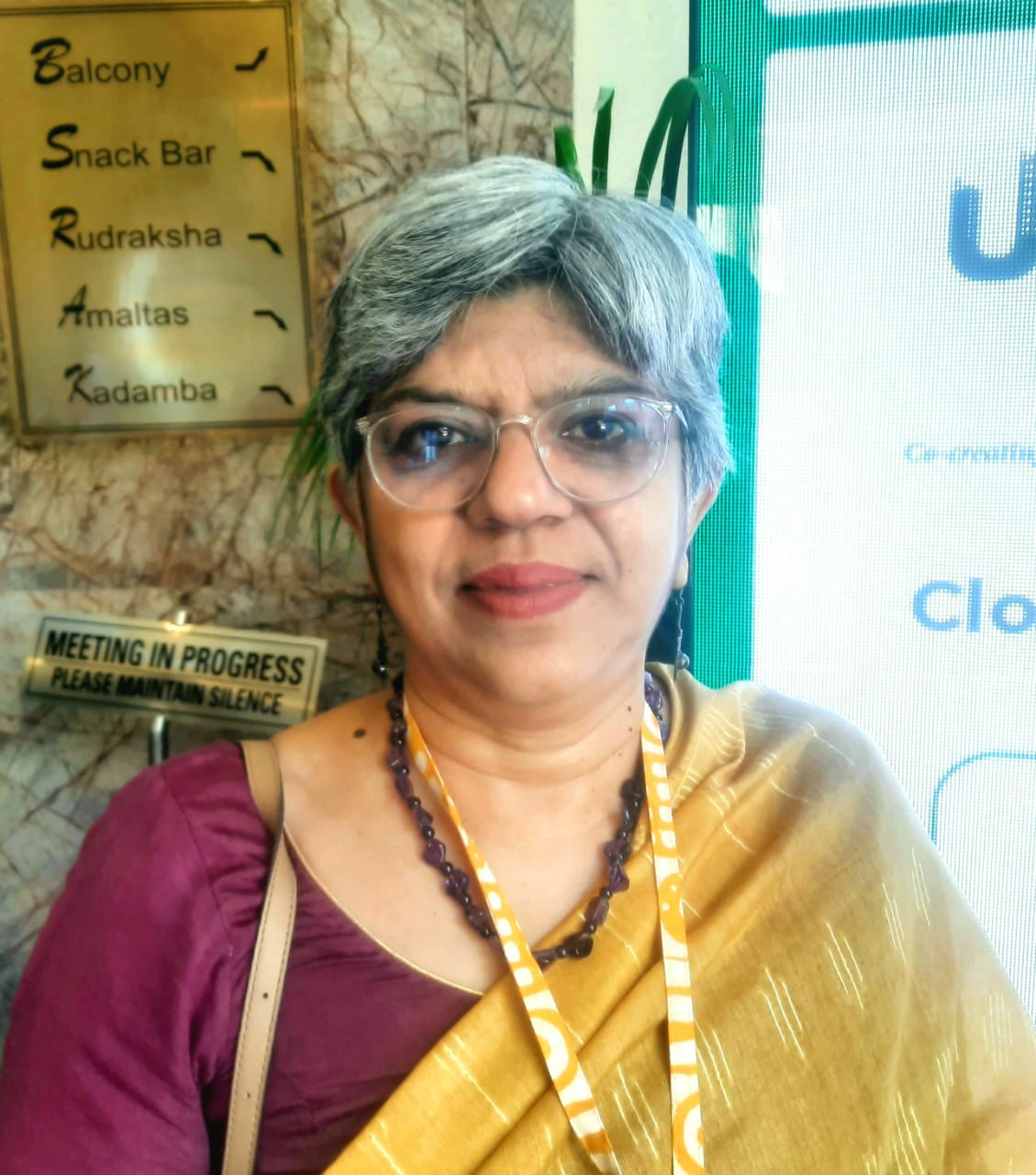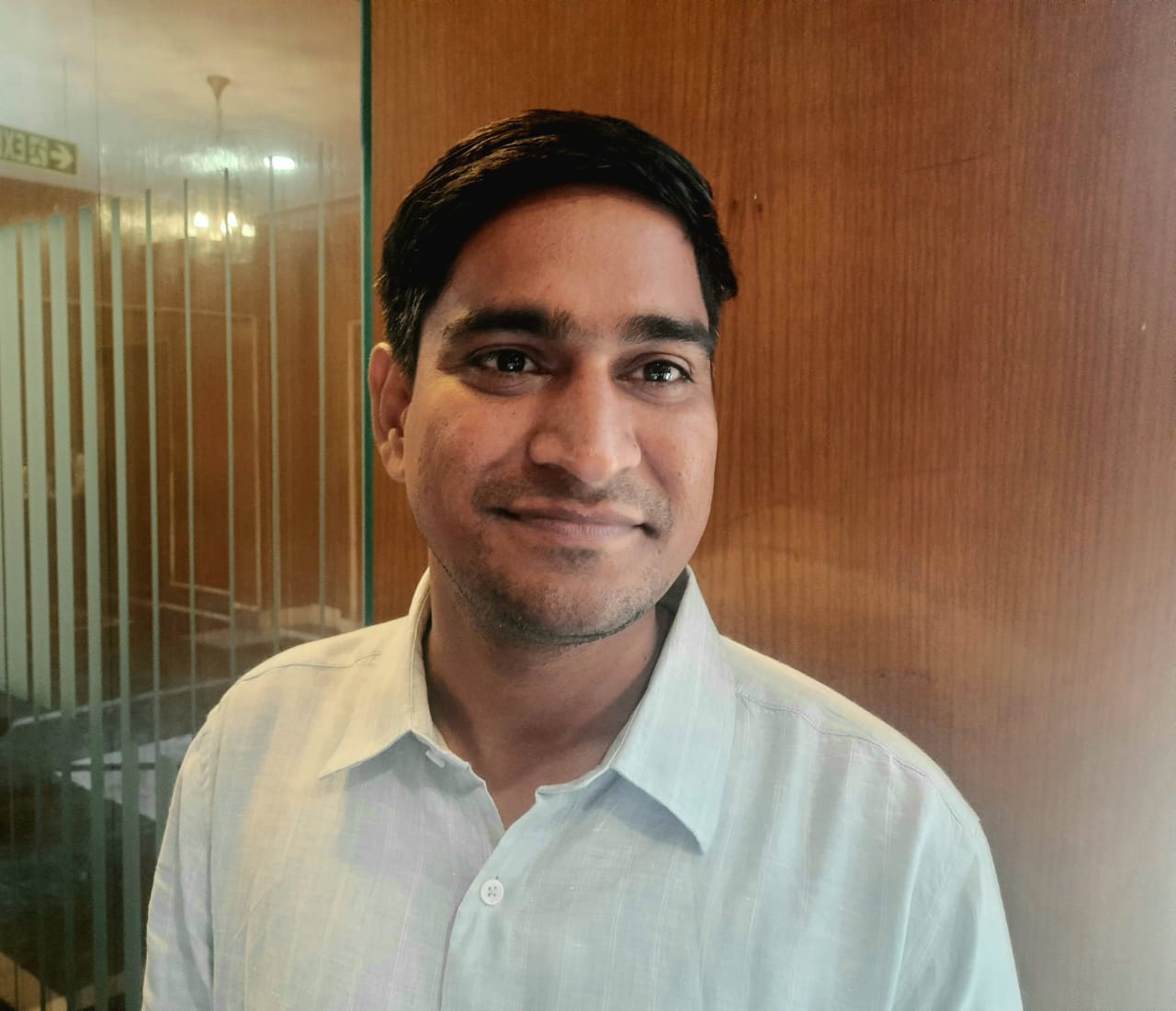Astomverse Innovations Pvt. Ltd. stands out as a pioneering edtech startup, officially recognized by Startup India. Nurtured within the esteemed incubation ecosystem of NIT Patna and backed by Startup Bihar, this company harnesses cutting-edge technologies—including Virtual Reality, Augmented Reality, Mixed Reality, Spatial Computing, AI, and Blockchain—to transform the educational landscape. Astomverse empowers learners by creating immersive, experiential learning environments, while also redefining skill development by simulating real-world scenarios in training.
In an exclusive conversation with The Interview World, Naveen Prabhat, Co-founder and CEO of Astomverse Innovations Pvt. Ltd., offers valuable insights into the Metaverse products his startup is designing. He emphasizes how an immersive approach to experiential learning will significantly enhance students’ experiences and improve knowledge retention. Prabhat elaborates on the distinctive features of his products and sheds light on their innovative business model, revealing that they are on the verge of launching these groundbreaking products in the market. Here are the key insights from his interview.
Q: Can you share insights into the innovative products you are developing in the edtech sector, and how you envision these advancements will transform the education system into a more experiential and immersive environment?
A: We are developing a Metaverse product specifically for the K-12 education segment, targeting students in grades 6 through 12 across physics, chemistry, and biology. Our product revolutionizes the learning experience, shifting away from conventional passive methods. We facilitate two-way learning, allowing students to actively engage and immerse themselves in the educational process. This immersive approach makes learning not only more interactive but also more experiential. Research data supports our belief that this method significantly enhances retention rates.
Q: In what ways do you believe this immersive approach to experiential learning will enhance students’ experiences and improve knowledge retention compared to traditional educational methods?
A: Absolutely, that’s precisely what we are building. Experiential learning boasts the highest retention rates, with research conducted in the United States in 1946 indicating that these methods yield retention rates exceeding 90%. Furthermore, similar findings emerge from studies of various products used globally, including those in Singapore, Australia, Japan, and Germany. This compelling evidence underscores the effectiveness of experiential learning in enhancing knowledge retention.
Q: With numerous providers offering various Metaverse solutions, what distinguishes your products from the competition in the market?
A: Before arriving here, I was at Didac India, held at Yashobhoomi, where I explored various products. The quality and clarity of our offerings, along with the hyper-realistic experiences we provide, far surpass what others are currently delivering. While their model only allows for observation, ours invites active engagement. Users can interact with the models, which sets our products apart. This active involvement is the key differentiator that enhances the overall learning experience.
Q: Is this product currently commercialized, or are you still in the process of bringing it to market?
A: We are poised to commercialize our product and are actively onboarding clients. Within the next month, we will officially launch this product in the market.
Q: What growth opportunities do you foresee for these products in the next 5 to 10 years?
A: The rapid proliferation of mobile phones, Android devices, laptops, and tablets took approximately 10 to 15 years to reach every corner of India and the world. In contrast, the advent of VR headsets and the Metaverse is expected to penetrate every part of the country within just 4 to 5 years. This remarkable acceleration presents an extraordinary opportunity for this product in the near future.
Q: What is your business model—do you primarily focus on B2B or B2C offerings for learners?
A: Currently, we are concentrating on the B2B model. Instead of engaging directly with students, we are forging connections directly with schools and educational institutions.
Q: How many schools have you consulted so far, and what has been their level of interest in your product?
A: Approximately 10 to 12 schools have expressed interest in our offerings. However, we have demonstrated our products to over 50 schools in Bihar, and their enthusiasm has been significant. Moving forward, we aim to reach out to even more schools and showcase our products to them.










1 Comment
I really like reading through a post that can make men and women think. Also, thank you for allowing me to comment!
Comments are closed.